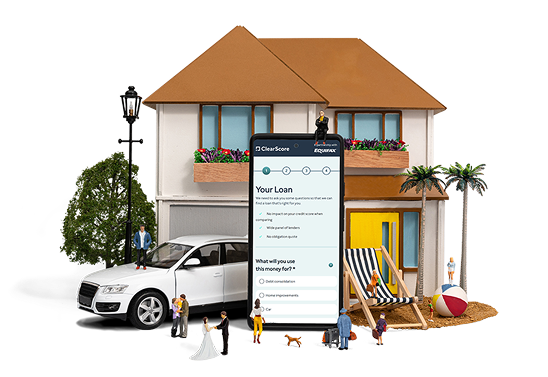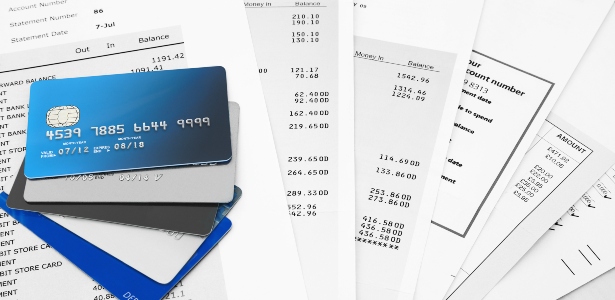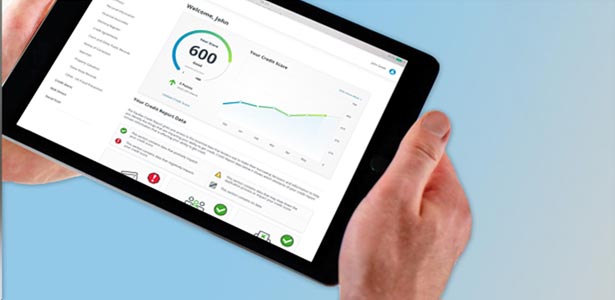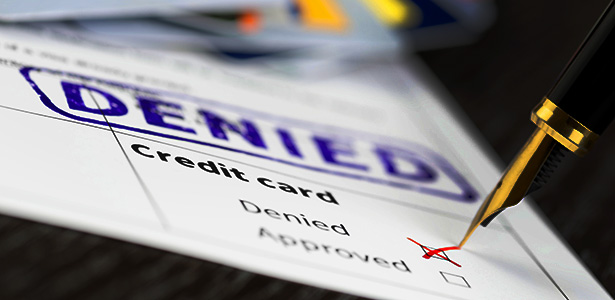In partnership with
Compare Loans, Credit Cards & Car Finance

and many more
Why use Equifax?
Get searching and comparing
No hard searches while you search
Complete a quote and you may get a decision in minutes
Find the right credit card, loan or car finance product for you
There are many providers in the market to consider when looking for a credit card, car finance, personal or homeowner (secured) loan. The credit card, loan and car finance comparison tool helps to connect you with providers that suit your needs from the panel of lenders.

Personal Loans

Credit Cards

Homeowner Loans

Car Finance
Help to find the right offer with Equifax
Discover tailored credit card, loan offers and car finance products for you, all without affecting your credit score. Get started, with three easy steps:
* This allows lenders and credit card providers to check your credit file to assess your eligibility. This search won’t affect your credit score. ClearScore use Equifax Limited and other bureaus for these searches.
Please note Equifax introduces you to Clearscore Everywhere Limited, who operate the comparison service. This service is for informational purposes, comparing products like credit cards, car finance, and personal loans from various lenders. There's no guarantee you'll be offered a product or meet eligibility criteria. Clearscore Everywhere Limited does not charge you a fee for this service. Should you take out a product with a lender via this service, Clearscore Everywhere Limited receives a commission, and Equifax will receive a share of that commission.

Save £££s when you get a new deal
Whether you’re looking for a balance transfer credit card or a loan to consolidate debt, you may be able to save money while getting your finances in order.
Are you thinking of consolidating existing borrowing? Be aware that if you extend the debt term, you may increase the total amount you need to repay. When it comes to homeowner (secured loans), it’s important to think carefully before securing debts against your home. Your home may be repossessed if you do not keep up repayment on a mortgage or any other debt secured on it.
Frequently asked questions
If you can pay off your debt during that interest-free period, you will avoid paying interest on your debt. Be aware that if you miss or make a late payment during this offer period you may lose your 0% balance transfer rate. Additionally, you will pay interest on any purchases you make during the 0% balance transfer promotional period.
However, always remember to pay careful attention to the cards’ terms and conditions. Plus, keep a close eye on spending and repayments if you're managing more than one card. .
The limit will then be changed in line with your credit profile and your overall record as a borrower.
Contact your provider if you're having difficulty making repayments.
Compare different offers widely and always read the terms carefully before making your final choice.
Securing a loan against your home reduces the risk to the lender, not the consumer. As a result, secured loans may have lower interest rates. They often have higher borrowing limits and longer repayment periods than unsecured loans.
If you default on your loan, then the lender can claim the asset as repayment. An unsecured loan doesn't require an asset. However, to compensate for this, they often have higher interest rates.
Also, interest rates may be higher, and terms might be stricter. It’s wise to compare loans to find the best fit for you.
Or, if you’re looking for a new loan, check the terms carefully if you think you might be in a position to repay ahead of time.
That said, some lenders might have restrictions on what funds can be used for, so always check the terms carefully.
There are a few key differences between personal car loans vs hire purchase (HP) agreements:
So here’s a point by point breakdown.
-
You can borrow more with HP – up to £200,000;
-
HP agreements place the burden of security against your car, whereas a personal loan is not;
-
With a personal loan, you’ll always own your car from the point of purchase. But with HP agreement, you’ll own your car once you make the last payment;
-
You might need a deposit with for HP, you won’t with a personal loan;
-
You have more flexibility on where you can buy your car from with a personal loan;
-
There may be mileage restrictions with HP while you pay off your finance.









